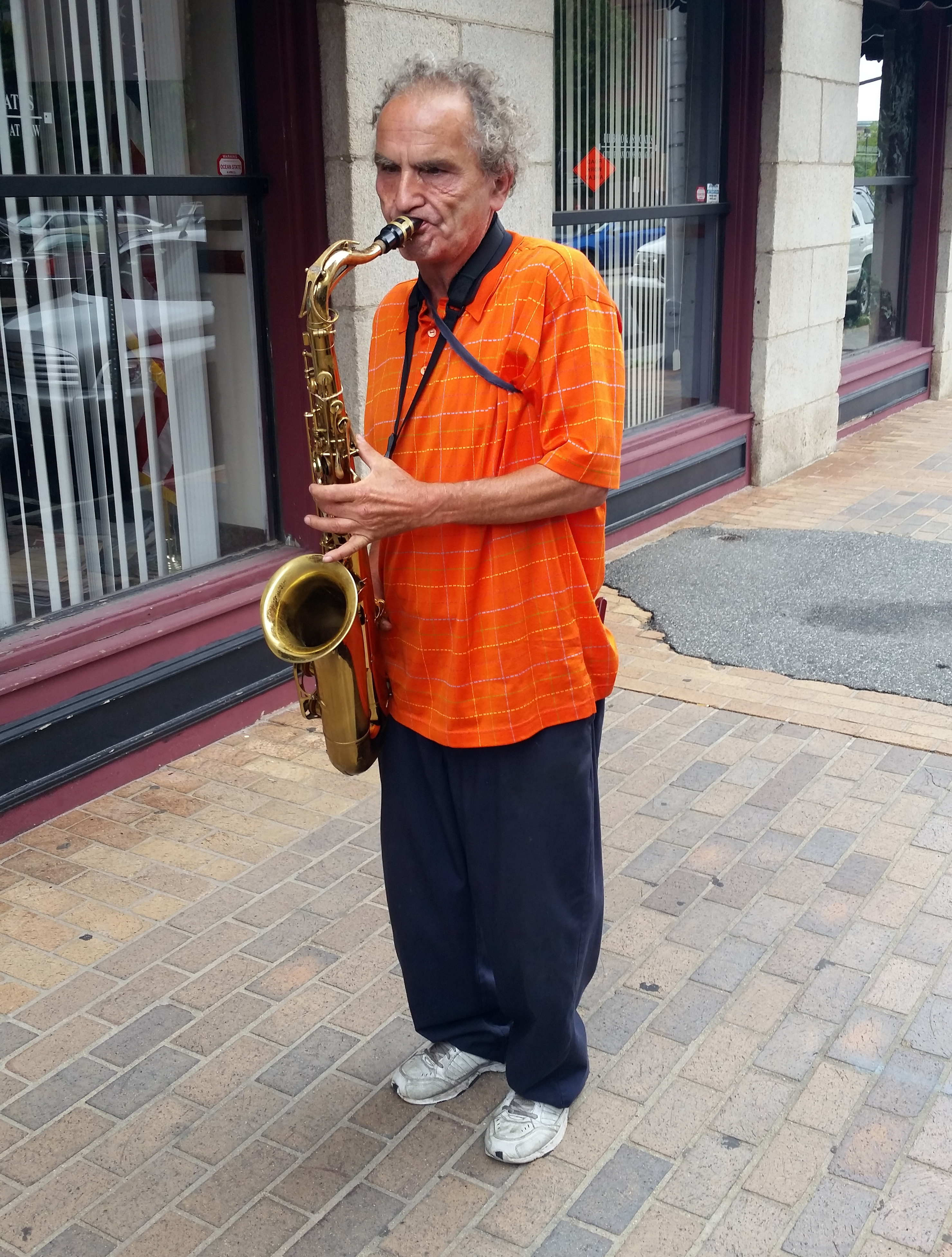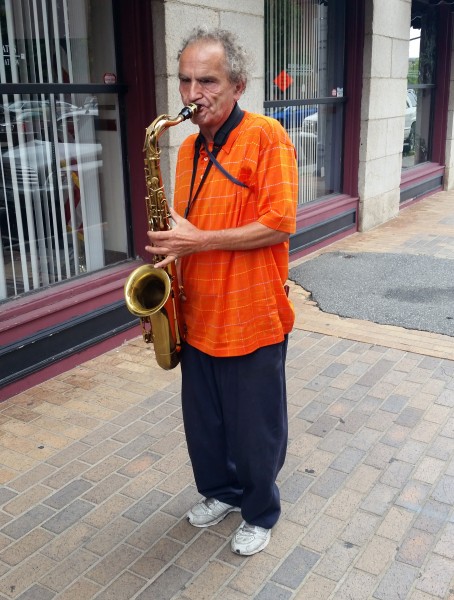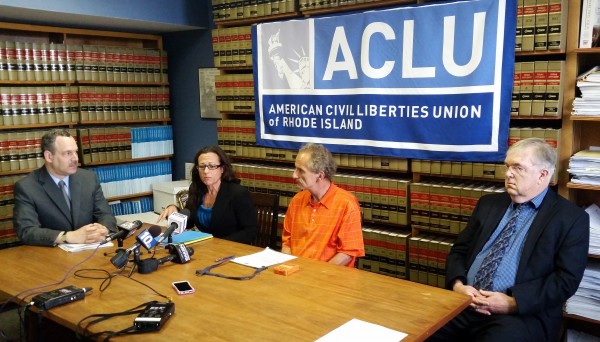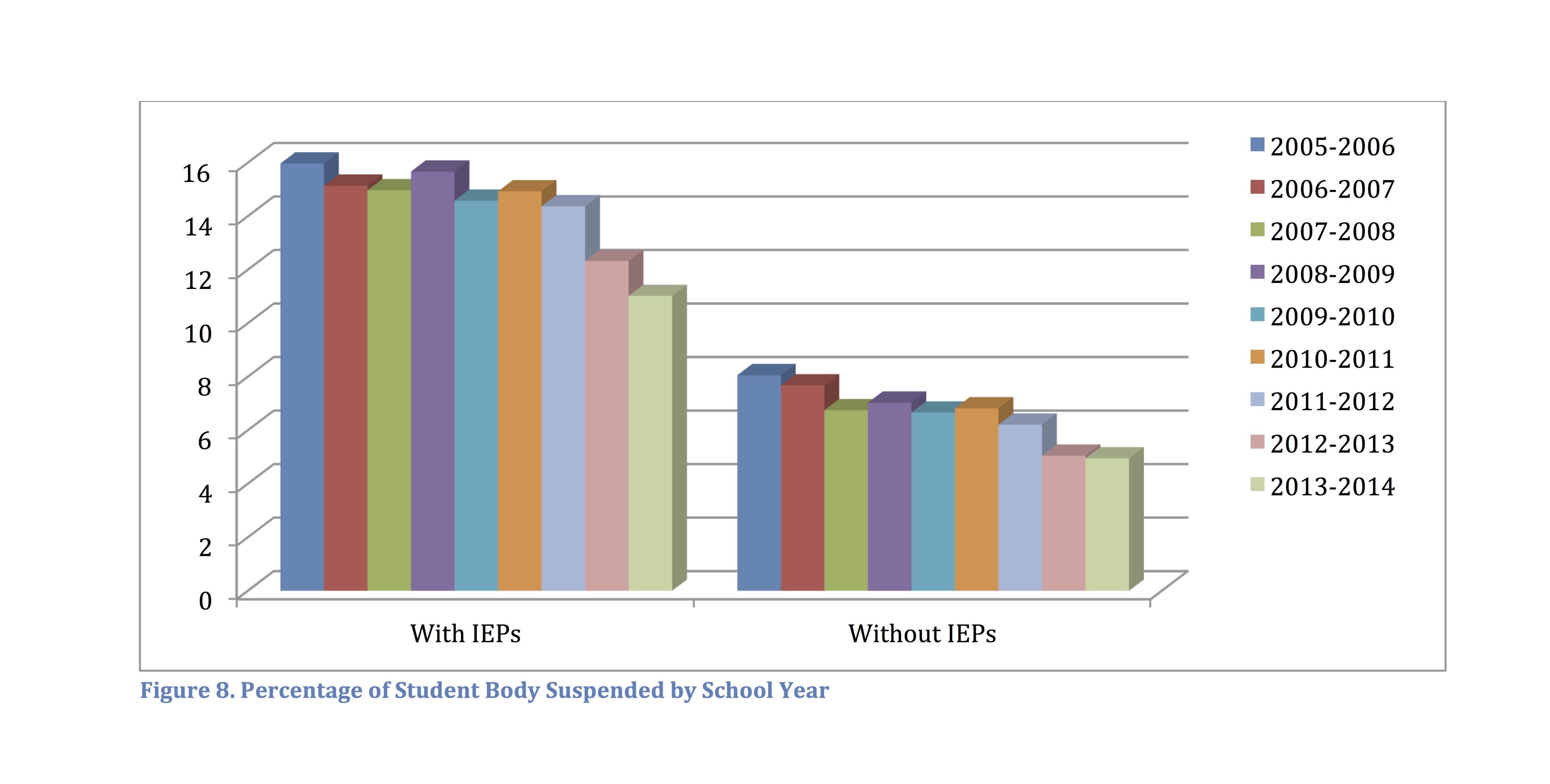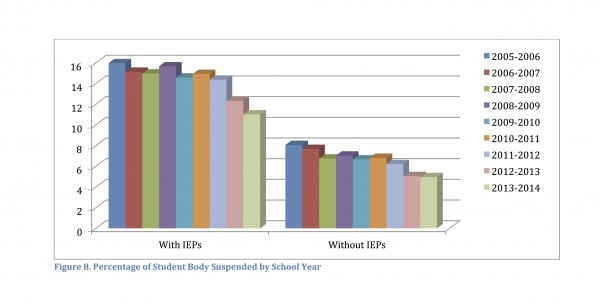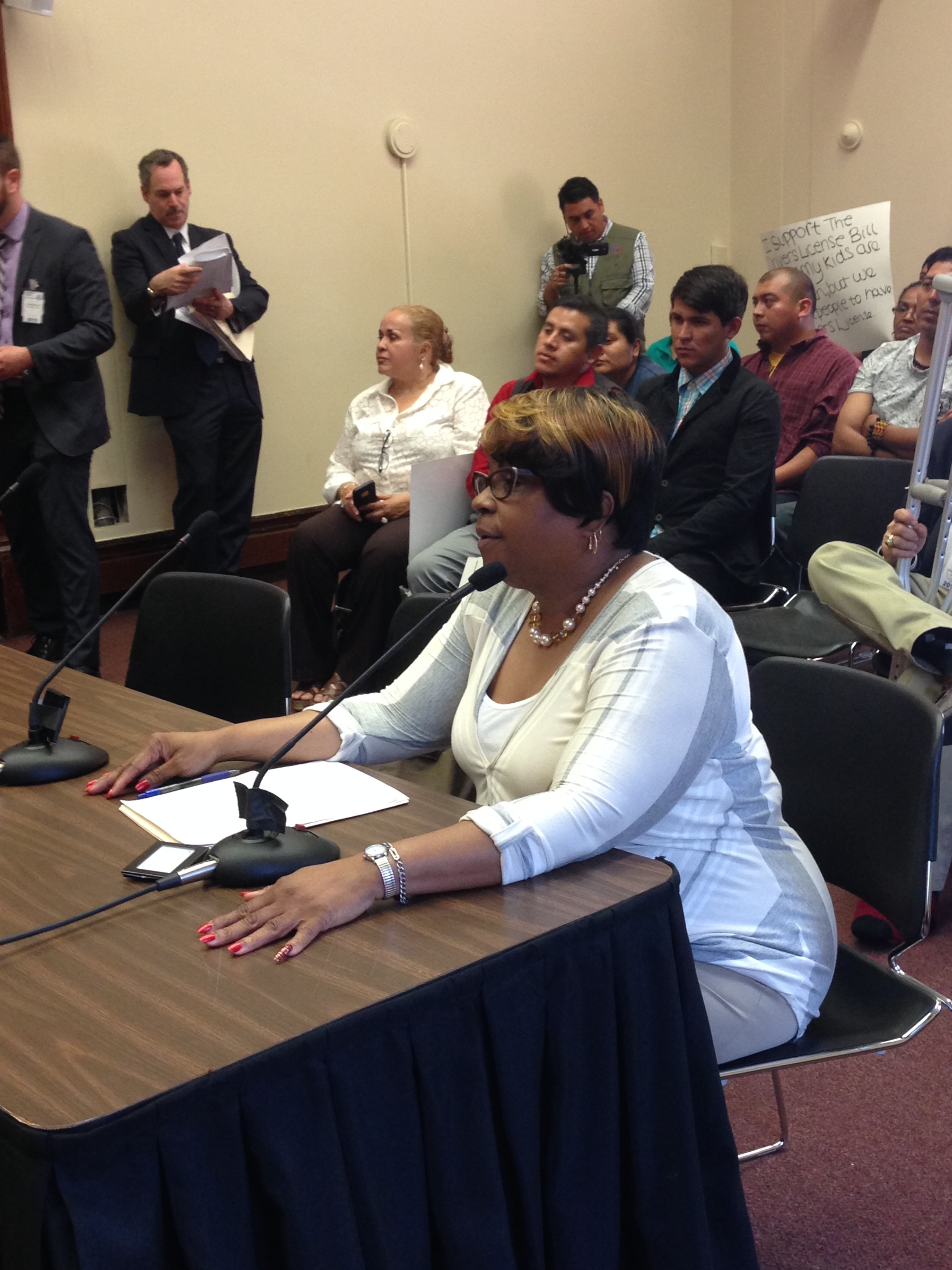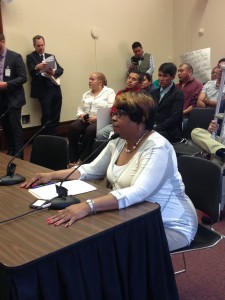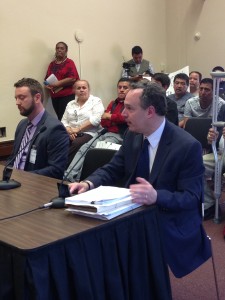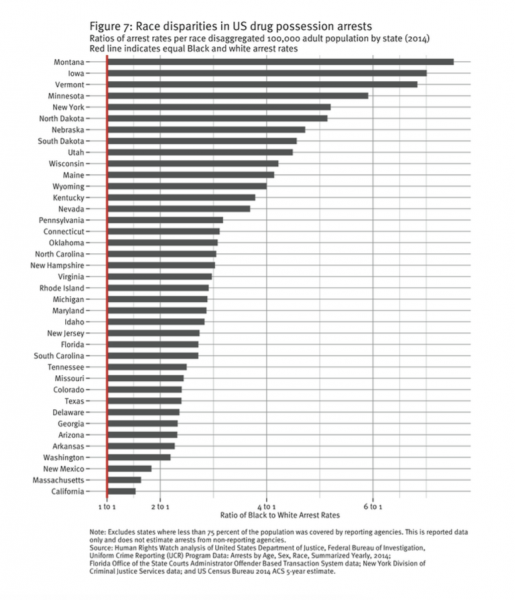 Black Rhode Islanders are almost three times as likely to be arrested for drug charges than white Rhode Islanders, according to a new analysis by the American Civil Liberties Association of Rhode Island.
Black Rhode Islanders are almost three times as likely to be arrested for drug charges than white Rhode Islanders, according to a new analysis by the American Civil Liberties Association of Rhode Island.
“The glaring racial disparities in enforcement of these laws have been going on for too long and must be addressed,” said Steven Brown, executive director of the RI ACLU. “This report is yet another wake-up call about both the overcriminalization of private conduct and the significant racial disparities that permeate our criminal justice system at just about every level.
The report looks at all 50 states done by the ACLU and Human Rights Watch that showed black adults are arrested 2.5 times more often than white adults. In Rhode Island, that ratio is even higher, with 2.9 Black adults arrested for every white adult that is arrested.
Brown said this was “especially troubling” because the report also shows Rhode Island has one of the lowest arrest rates in the nation “per overall population.”
While almost three black Rhode Islanders are arrested for every one white Rhode Islander, there are more than 14 white Rhode Islanders for every one black Rhode Islander. According to the 2010 census, there are 856,000 white Rhode Islanders and only about 60,000 black Rhode Islanders.
Rhode Island has the 21st highest ratio of black-to-white drug arrests in the nation, according to the report. Nearby Vermont has the third highest ratio at 6 to 1 black-to-white drug arrests. Connecticut has the 16th highest average at just over 3 to 1. Massachusetts has the second lowest ratio in the nation at just over 1.5 to 1, second only to California, which is 1.5 to 1.
The national report indicates drugs are the most common reason for arrest made in America and that one of every nine arrests are for drug charges.
“Calling the war on drugs a complete failure that is destroying lives and communities, the report called for decriminalization of personal drug use and possession,” according to a RI ACLU press release. “Instead, the report said, there should be a stronger investment in public health, emphasizing evidence-based prevention; education around the risks of drug use and dependence; and voluntary, affordable treatment and other social services in the community.”
Brown said the new data confirms what the RI ACLU learned when it studied 10 years worth of marijuana arrests in Rhode Island that showed 2.6 to 3.6 black Rhode Islanders were arrested for every white Rhode Islander arrested between 2001 and 2010.
“We hope this report will not only encourage more positive consideration of the marijuana ‘tax and regulate’ bill, but will promote broader efforts by police departments to reconsider how they enforce these particular laws,” said Brown.
Rhode Island continues to take a wait and see approach to legalizing cannabis while Massachusetts voters will decide that question at the ballot this November.


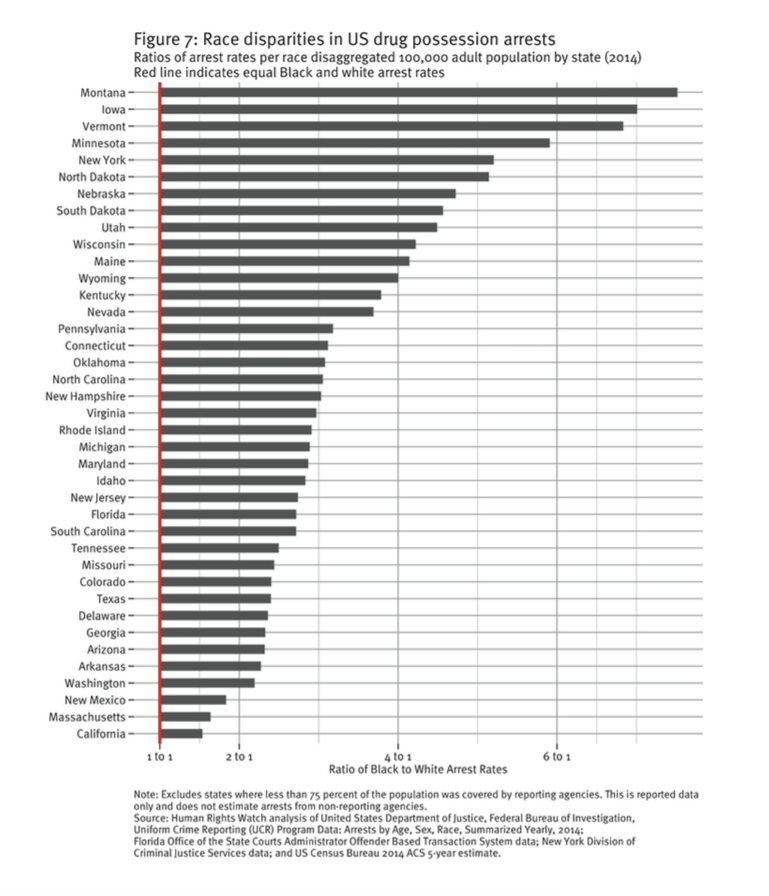



 On Wednesday morning, reporters and activists were prevented from attending real estate developer Joseph Paolino’s press conference where he was to announce his plans regarding the issue of homelessness. The behavior of the security guards and police officers at the Providence Convention Center, where the press conference was held, became a preview of what many fear might become the norm if the wrong policies are instituted in downtown Providence.
On Wednesday morning, reporters and activists were prevented from attending real estate developer Joseph Paolino’s press conference where he was to announce his plans regarding the issue of homelessness. The behavior of the security guards and police officers at the Providence Convention Center, where the press conference was held, became a preview of what many fear might become the norm if the wrong policies are instituted in downtown Providence.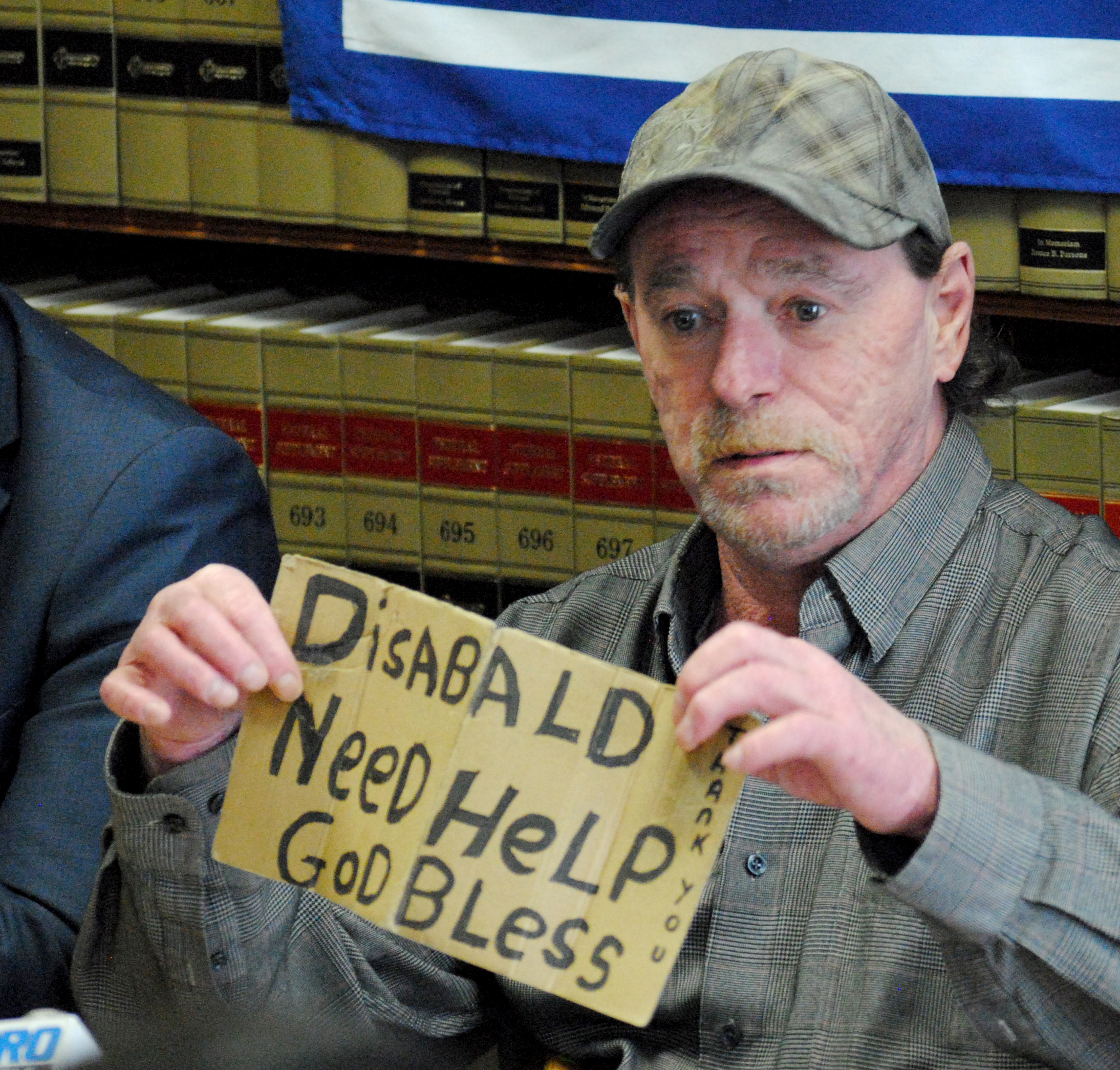
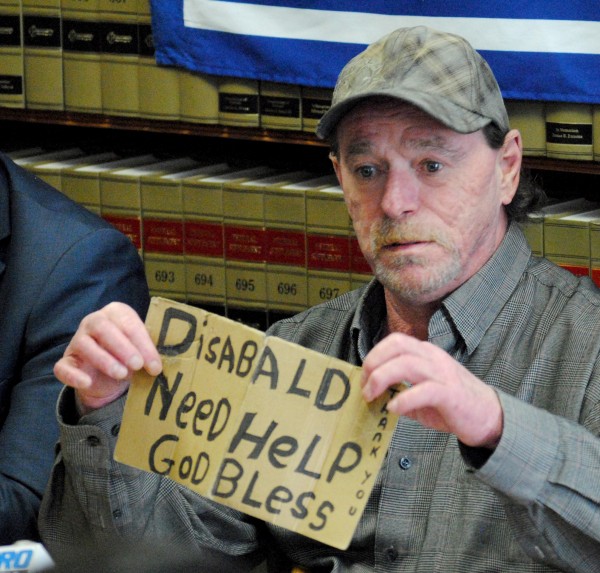
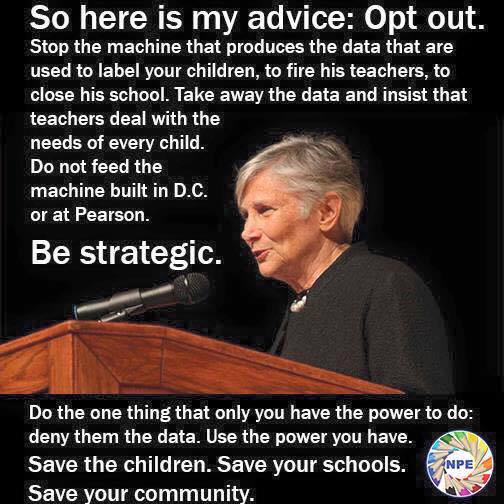

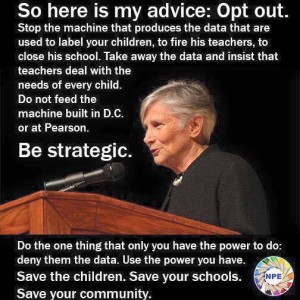


 If you’ve ever wanted to make a difference in the fight to protect and promote civil liberties right here in Rhode Island, advocating at the State House is a great way to make your voice heard.
If you’ve ever wanted to make a difference in the fight to protect and promote civil liberties right here in Rhode Island, advocating at the State House is a great way to make your voice heard.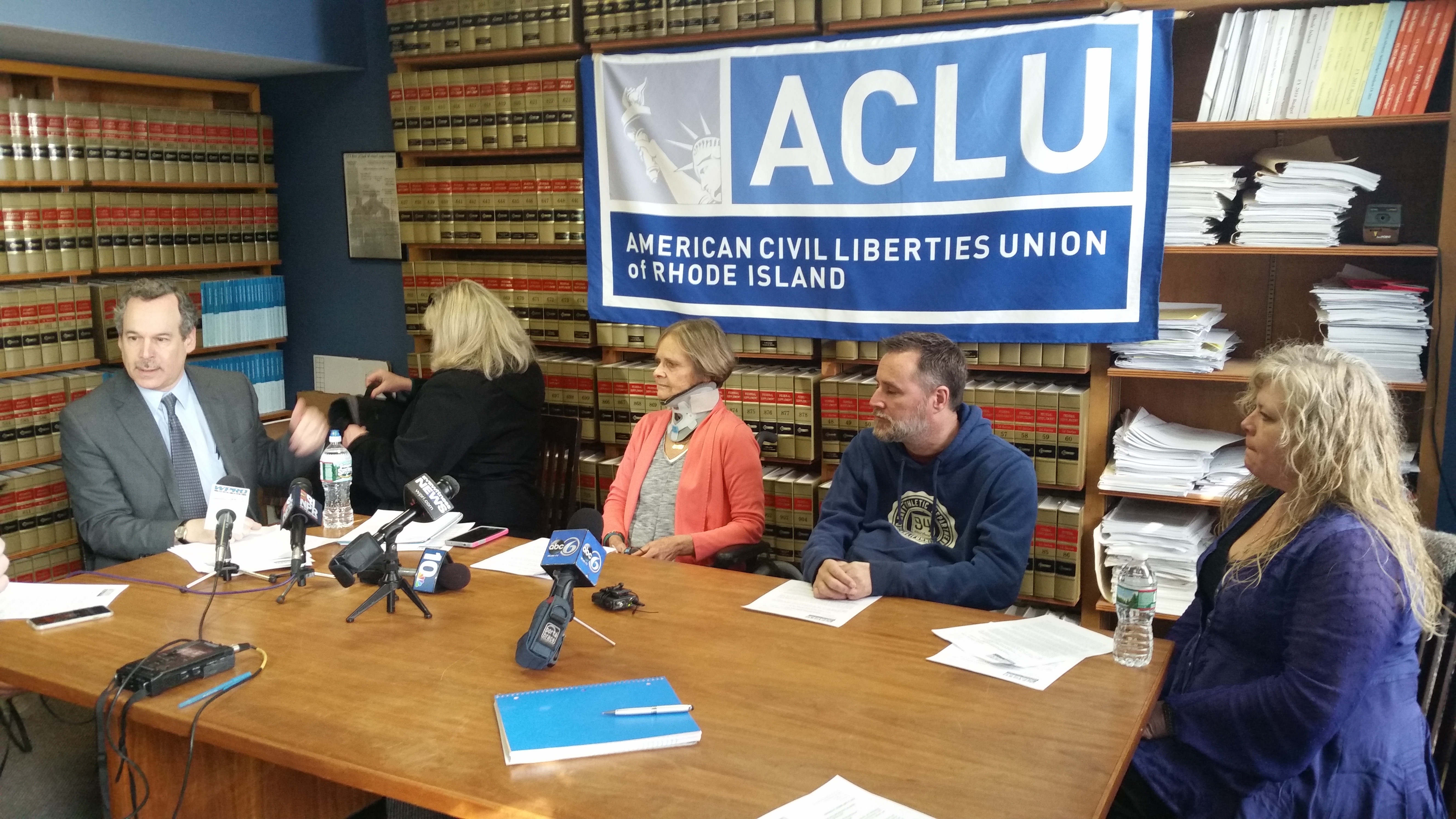
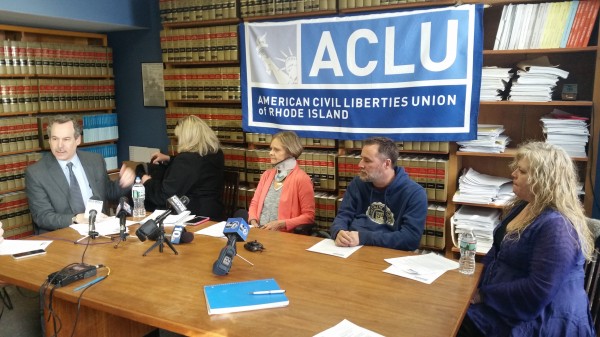 Rhode Islanders who use medical marijuana to help manage chronic and debilitating medical conditions spoke out today against a proposal in Governor Gina Raimondo’s 2017 budget that would levy heavy taxes on medical marijuana plants grown by patients and caregivers.
Rhode Islanders who use medical marijuana to help manage chronic and debilitating medical conditions spoke out today against a proposal in Governor Gina Raimondo’s 2017 budget that would levy heavy taxes on medical marijuana plants grown by patients and caregivers.
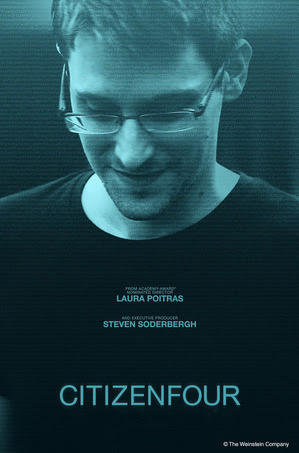
 oin the ACLU of Rhode Island and the Brown University Chapter of ACLU-RI on Thursday, February 4, for a free screening of Citizenfour and a discussion of surveillance and privacy in the digital age.
oin the ACLU of Rhode Island and the Brown University Chapter of ACLU-RI on Thursday, February 4, for a free screening of Citizenfour and a discussion of surveillance and privacy in the digital age.
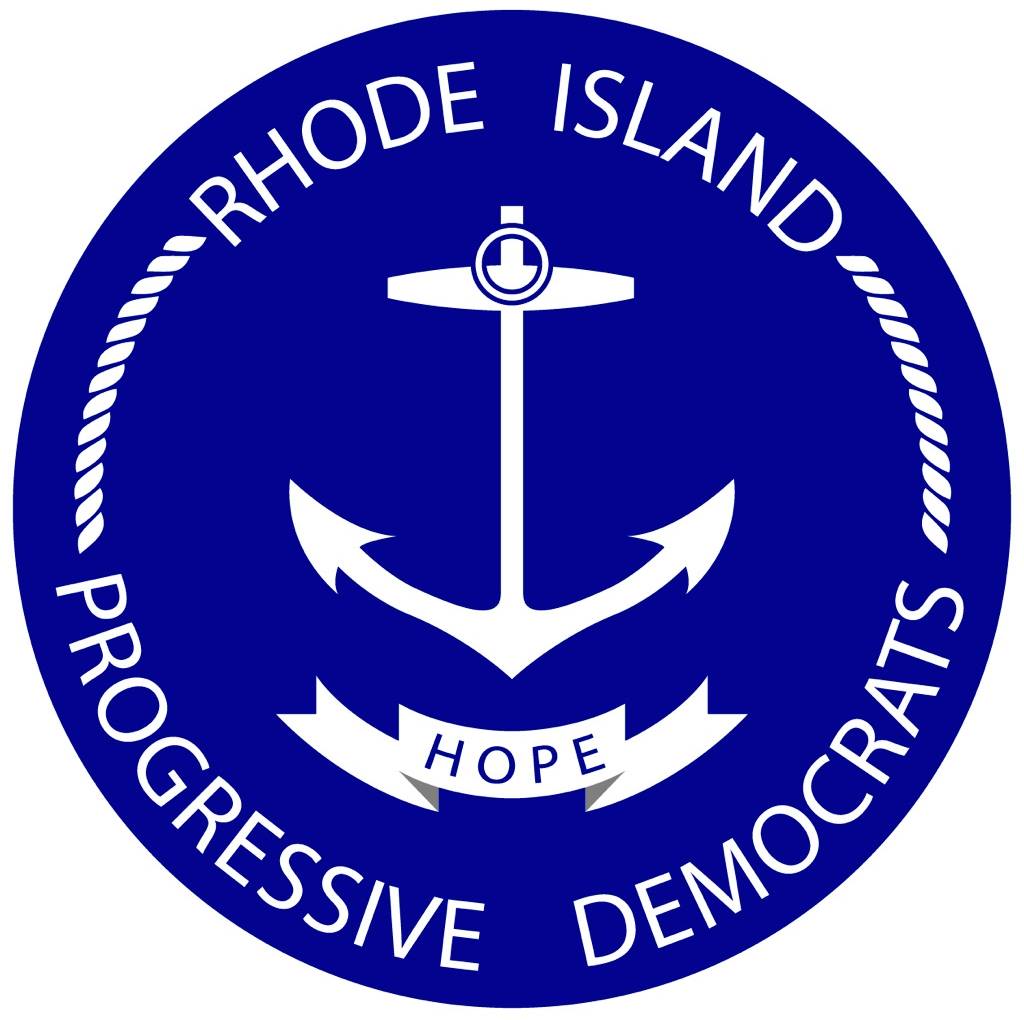
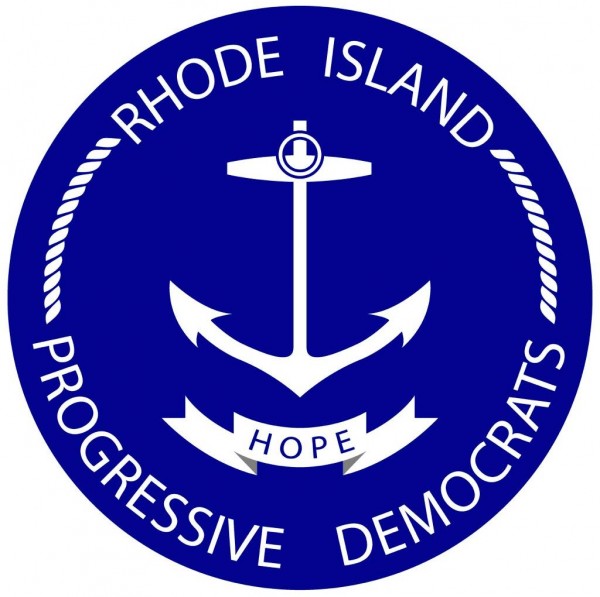 During the 2014 gubernatorial race, Gina Raimondo made a campaign promise to the Immigrants in Action Committee that she would sign an executive order within her first year, issuing licenses to undocumented immigrants within Rhode Island. Raimondo further made her support clear in an
During the 2014 gubernatorial race, Gina Raimondo made a campaign promise to the Immigrants in Action Committee that she would sign an executive order within her first year, issuing licenses to undocumented immigrants within Rhode Island. Raimondo further made her support clear in an 



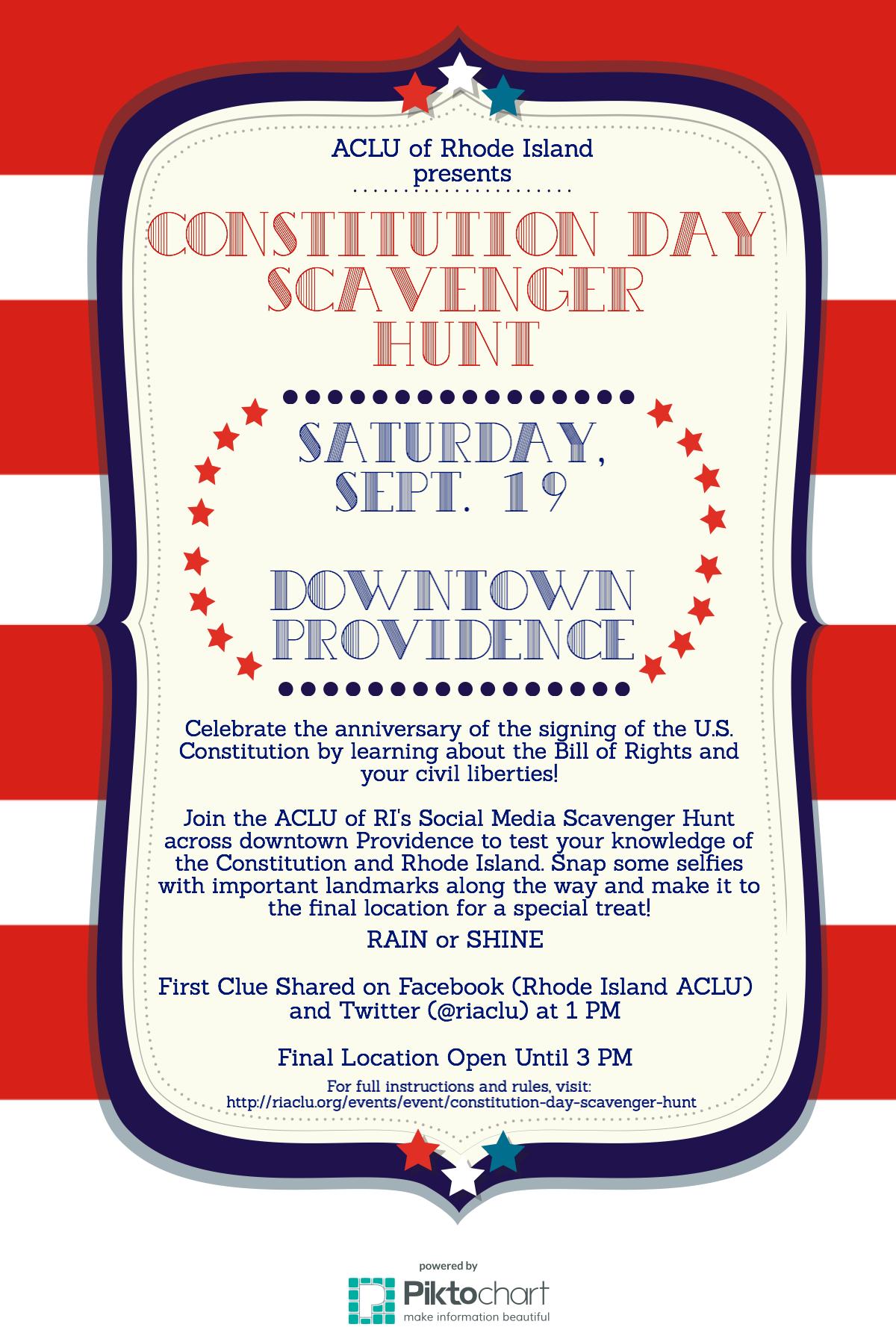
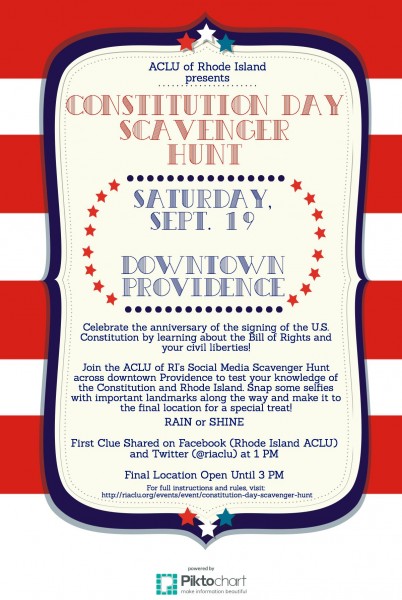



 “Before the
“Before the 



